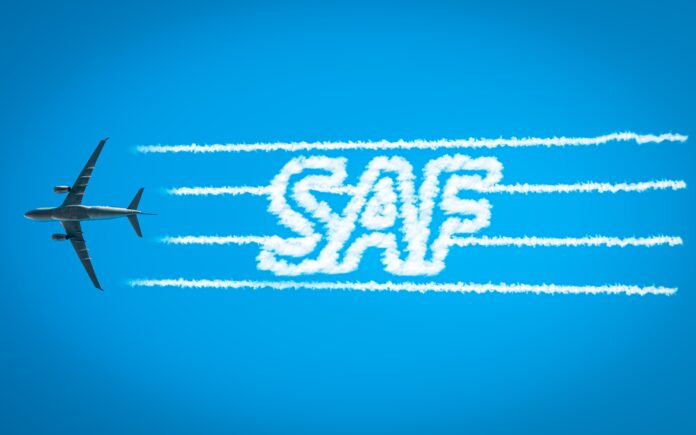The Department of Energy (DOE) is in close collaboration with the aviation sector and its international partners to decarbonize the commercial aviation industry through the use of sustainable aviation fuel (SAF).
The agency said this was part of efforts to adopt alternative fuels in the transport sector, particularly in the aviation industry.
SAF is an environmentally sustainable and chemically identical alternative to fossil fuel-based aviation fuel which can be processed from plant and used oil feedstock such as forestry and agricultural waste and used vegetable oils.
“The use of SAF is intended to reduce the carbon footprint associated with aviation operations. This alternative fuel source, derived from renewable feedstock, holds the potential to lower greenhouse gas emissions while ensuring the highest safety and performance standard,” said DOE undersecretary Alessandro Sales.
“As a commitment to creating a sustainable aviation transport sector that will contribute to the broader national effort towards a low-carbon future, the DOE is working to establish the necessary framework and regulations to support the adoption of SAF,” Sales said.
The DOE said that in the Philippines, a potential feedstock for SAF is coconut oil which is also used for biodiesel production.
The agency said it also recognizes global initiatives such as the carbon offsetting and reduction scheme for international aviation (CORSIA) established by the International Civil Aviation Organization (ICAO) which offers a harmonized way to reduce emissions from international aviation.
CORSIA allows the use of SAF derived from biomass or waste resources in order to reduce the carbon offsetting requirements of airlines.
Under CORSIA timetable, participating ICAO member states as the Philippines must comply with carbon dioxide offsetting requirements starting from 2024 up to 2026. Compliance is set from 2027 up to 2035.
The National Biofuels Board recommends the use of biofuel blends in air transport considering the safety and technical viability of the product.
In February this year, the DOE met with the Civil Aviation Authority of the Philippines, the Philippine National Oil Co. and the European Aviation Safety Agency (EASA) to discuss the advantage of exploring SAF preparatory to CORSIA compliance by 2027.
The Philippines is seen hurdling a SAF readiness evaluation in December this year, the DOE said.







